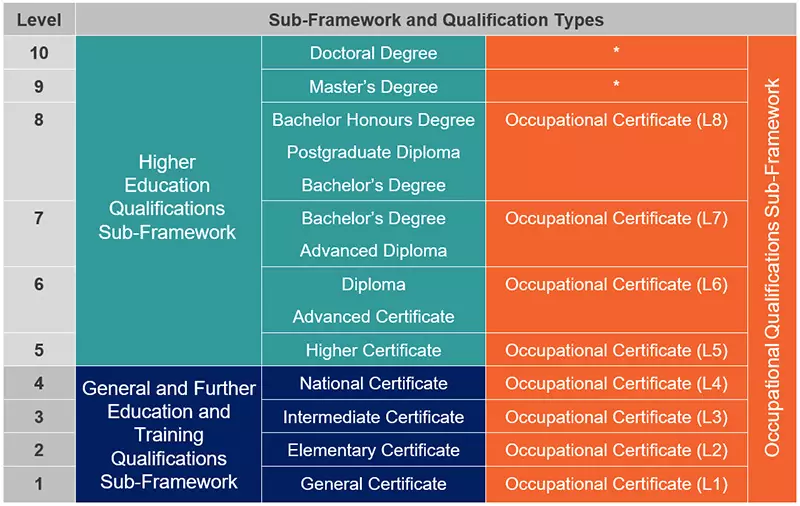As an engineering manager, you realise the importance of keeping your maintenance team up-to-date with the latest knowledge and skills. However, deciding which training programmes to invest in can take valuable time and effort. While training is essential to an organisation’s success, it is often perceived as a tick box exercise. Compliance training is more readily attended to as it is seen as a legal requirement, and thus organisations often neglect the equally essential skills training. Organisations that take a more balanced approach to training reap the rewards of improved employee well-being, which ultimately positively affects the organisation’s bottom line.
Compliance training – rules are there to protect us
Compliance training is necessary to ensure employees understand workplace laws and regulations and is essential to mitigate risks and avoid legal problems.
Most types of compliance training are governed by or fall under the Occupational Health and Safety Act. They are often a requirement for maintenance practitioners across the sphere of maintenance management, such as Hazardous Materials (HAZMAT) training, Lockout/Tagout (LOTO) training, and Environmental Compliance training.
Skills training – the benefits of an engaged and equipped workforce
Skills training focuses on improving job-related skills and knowledge. Providing employees with the skills required to perform their duties more efficiently can increase productivity and enhance job satisfaction. Skills training is also essential to stay up-to-date with industry trends and best practices, which can help an organisation to remain competitive and innovative.
A well-rounded approach to skills training will not only benefit your team but also have a positive impact on your plant. It can help reduce equipment downtime and repair costs, resulting in significant savings for your organisation. It can also lead to improved equipment reliability and increased maintenance efficiency, which can help your organisation stay competitive in a rapidly changing global market. Skills training can also contribute to a positive workplace culture, increased collaboration among team members, and improved employee engagement and retention.
Equipment-specific training, lubrication and fluid management, computerised maintenance management system (CMMS) training, root cause analysis, and soft skills training are just a few examples of skills training that can benefit maintenance practitioners.
The Pragma Academy’s skills training courses cover a wide range of topics for maintenance practitioners, some of which include:
- Asset and maintenance management overview training: The Asset Management Landscape, Fundamentals of Maintenance Management, Effective Maintenance for Frontline Staff, Measuring and Managing Performance, ISO 55000 Overview and Implementation, Development an Asset Management Policy and Strategy
- Maintenance work management training: Maintenance Work Management, Contractor Management, Shutdown Management, Practical 5S
- Reliability engineering and improvement training: Basic Data Analysis, Structured Problem Solving, Root Cause Analysis, Reliability Engineering in Practice, Maintenance Plan Development, Condition Monitoring Essentials, Financial Decision-making
- Materials management training: Spare Parts Foundations, Spare Parts Optimisation, Buyer Training
- On Key EAM systems training
Presentation styles to accommodate learners’ needs
We use various training methods to accommodate different learning styles and preferences for your team:
- Classroom training – takes place in a physical classroom.
- Elearning – self-directed online training.
- VILT (virtual instructor-led training) – a virtual instructor-led classroom simulates a live classroom, including real-time facilitation.
- Blended learning – provides a combination of self-directed learning and VILT.
A balanced approach – a learning pathway to long-term training success
Organisations that take a more balanced approach to training to provide employees with opportunities to improve their job-related skills will reap the rewards of increased productivity, higher job satisfaction, better retention rates, and ultimately a positive effect on the organisation’s bottom line.
At Pragma, we’re committed to helping your maintenance team become more effective, efficient, and productive. Our next article will focus on how Pragma can help unlock your team’s potential even more with specific role-based learning pathways.
Unlock your team’s potential and open the door to an effective, efficient, productive workforce helping your organisation achieve its maintenance goals. Read more about the Pragma Academy’s training offerings here.
